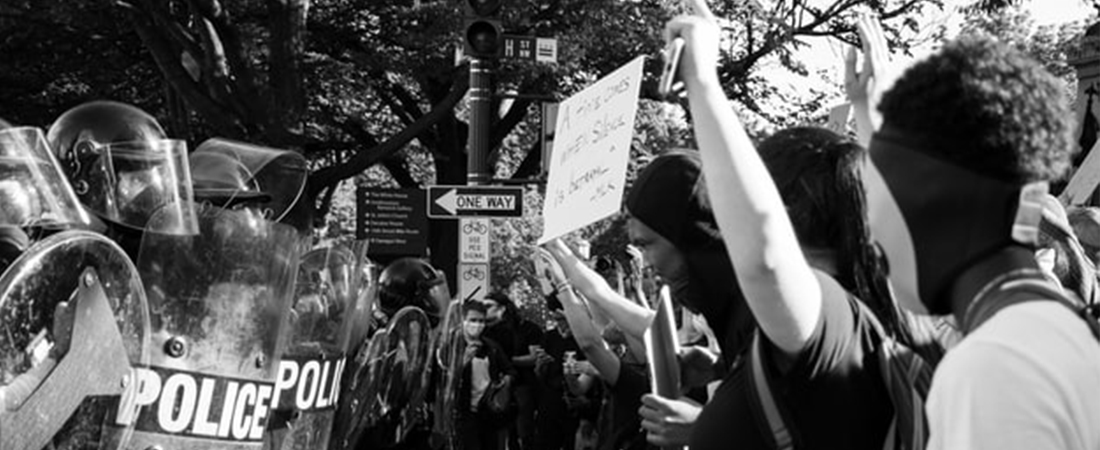Since the beginning of the year, almost sixty-eight bills have been introduced in state legislatures that could infringe on the right to protest. Some of the bills seek to increase penalties for certain protests. Others aim to expand the definition of “riot” in order to criminalize certain protests. LegisScan only rates six of the bills as not clearly partisan. Based on the bills’ sponsors, LegisScan rated two as “partisan – Democratic” and over fifty are ranked “partisan – Republican”. A Florida bill (HB 1/SB 484) is particularly concerning and threatens to criminalize peaceful protestors present when others commit crimes. The bill has passed the state house and is headed to the senate for a full vote.
Several of the bills are backed by industry groups with a financial stake in silencing protest or by partisan political groups with a direct connection to industry stakeholders. For example, nine bills seek to increase penalties for protesting on the grounds of oil pipelines, and in many cases the legislators sponsoring the bills have received contributions from the oil and gas industry.
Florida’s legislature is considering legislation, promoted by Governor Ron DeSantis, created in reaction to the racial justice protests of last summer. The bill expands criminal punishments for any involvement in protests during which violence occurs. Opponents of the bill argue that peaceful protesters could be arrested and imprisoned for up to five years and lose their voting rights, even if they didn’t engage in any violent and disorderly conduct. Additionally, it could increase violence at protests and embolden vigilantes by shielding them from civil liability if they kill or injure protesters, protect confederate monuments, and allow the Governor to overrule local budgetary decisions.
Thirty-four of the bills include provisions that attempt to criminalize protest by expanding the application of anti-riot laws. Some seek to expand the definition of “rioting” or “unlawful assembly” in ways that could include lawful protest. Fourteen of the bills would effectively criminalize actions that encourage or aid protest by classifying them as “incitement to riot” or similar crimes. Thirty bills criminalize protesting in a manner which blocks traffic. Fourteen bills go so far as to provide either civil or criminal immunity for drivers who injure protestors who are blocking traffic or to individuals who use force to resist “rioters.” Finally, several of the bills encourage local officials to use force to silence protest by, for example, providing that local officials can be sued by anyone whose property is damaged during a protest if the official delays or limits police crackdowns on ongoing protests.
Although many of the bills have thus far failed to advance, twelve have passed at least one house of the legislature, and another twenty have either passed one committee or have been introduced only within the several weeks.
NCAC is paying close attention to the progress of these bills and all those who believe that the right to protest is fundamental to American democracy should be deeply concerned about these attempts to suppress political dissent.


